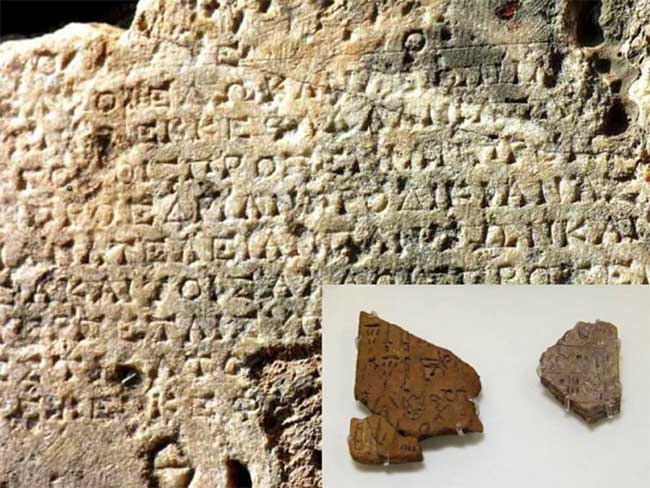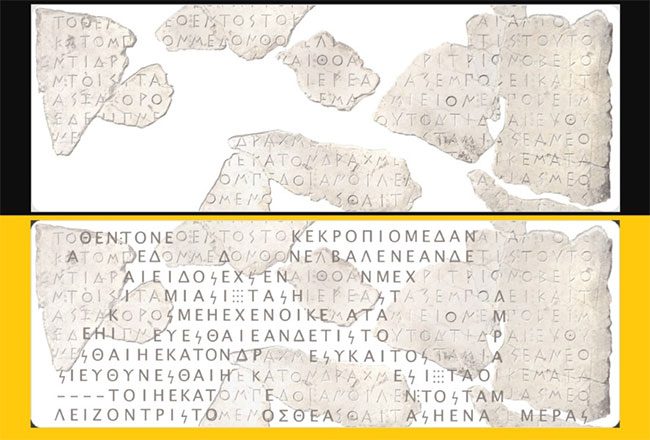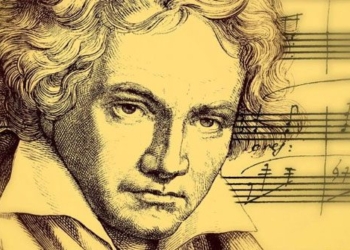A new study reveals that artificial intelligence (AI) can assist historians in rewriting history—quite literally—by reconstructing lost ancient Greek inscriptions from damaged artifacts…
Diving into the Past
Researchers state that the new AI system they developed not only accurately reads ancient Greek inscriptions but also fills in gaps caused by damaged carvings, even pinpointing their chronological and geographical context.

Ancient inscriptions exist in a state of damage and disarray.
Explaining the significance of inscriptions for historians, Dr. Thea Sommerschield, co-author of the study initiated by Ca’ Foscari University of Venice, Harvard University, and AI company DeepMind, stated that they serve as evidence that people at that time directly wrote texts reflecting the thoughts, language, society, and history of ancient civilizations.
However, most of the surviving inscriptions have been damaged over centuries, making them unreadable in their entirety, or the texts are scattered. This is not surprising, as inscriptions are often moved from their original locations by rulers and subsequent dynasties.
Due to conventional methods like radiocarbon dating being ineffective on stone, historians have struggled to gather comprehensive information from such damaged inscriptions. Thus, alternative approaches are necessary to fully understand ancient texts.
Named after the island home of King Odysseus in Greece, modern Ithaca is a form of artificial intelligence, a deep neural network developed by Google’s DeepMind. It assists experts in epigraphy in filling critical gaps in texts dating back to the time of Homer.
“Just as microscopes and telescopes have expanded the horizons of what scientists can do today, Ithaca aims to enhance and develop the research capabilities of one of the most significant periods in human history,” said Dr. Yannis Assael, co-author of the work.
The research team believes that Ithaca could be effective with most ancient languages, from Latin and Maya to cuneiform. Furthermore, it has the capability to read Greek literary texts written on papyrus, opening the prospect of better access to and understanding of ancient authors, as most of their works exist only in fragmented forms.
It could even be developed to determine the authorship of texts through linguistic analysis.
Researchers stated that Ithaca has unlocked some secrets of the ancients. When applied to a set of decrees recovered from the Acropolis in Athens, it unexpectedly discovered one document that differed from the others.
These texts, related to the collection of tributes throughout the Athenian empire, are believed to date back to 448-447 BC. However, Ithaca concluded that one text actually originated 30 years earlier than previously studied.
“This may seem like an insignificant difference, but this 30-year shift has considerable implications for our understanding of the political history of classical Athens and helps us better organize literary sources and inscriptions,” Dr. Thea Sommerschield noted.

Ithaca helps fill in the gaps of lost texts.
Will AI Replace Historians?
So far, reports indicate that Ithaca has shown a success rate of 62% in restoring damaged texts and 71% in accurately determining their original locations and dates. In contrast, historians working without Ithaca have only succeeded 25% of the time in such areas.
While excited about the possibilities that AI opens up, scholars also caution the need for careful use of this new technology in interpreting the past.
Professor Peter Liddel, an expert in Greek history and symbolism at the University of Manchester, acknowledges that AI will certainly supplement historians’ toolkits, aiding in a deeper understanding of processes, as well as the development of imperialism or the nature of worship practices. However, like scholars, AI is only valuable with the ancient documents available.
Professor Peter Liddel remarked: “AI is only as powerful as a tool that helps us ask questions and compare with existing evidence. What it produces will be incomplete and less reliable if conclusions are drawn independently of human knowledge.”
Professor Melissa Terras, a specialist in digital cultural heritage at the University of Edinburgh, also expressed caution regarding the use of AI. She emphasized the importance of continuing to train historians in traditional methods to interpret the results generated by the software.
Nevertheless, she acknowledged that AI has immense potential, particularly in structuring ancient texts that exist only in fragments.





















































